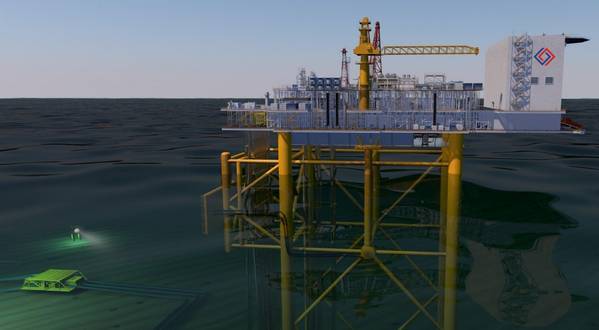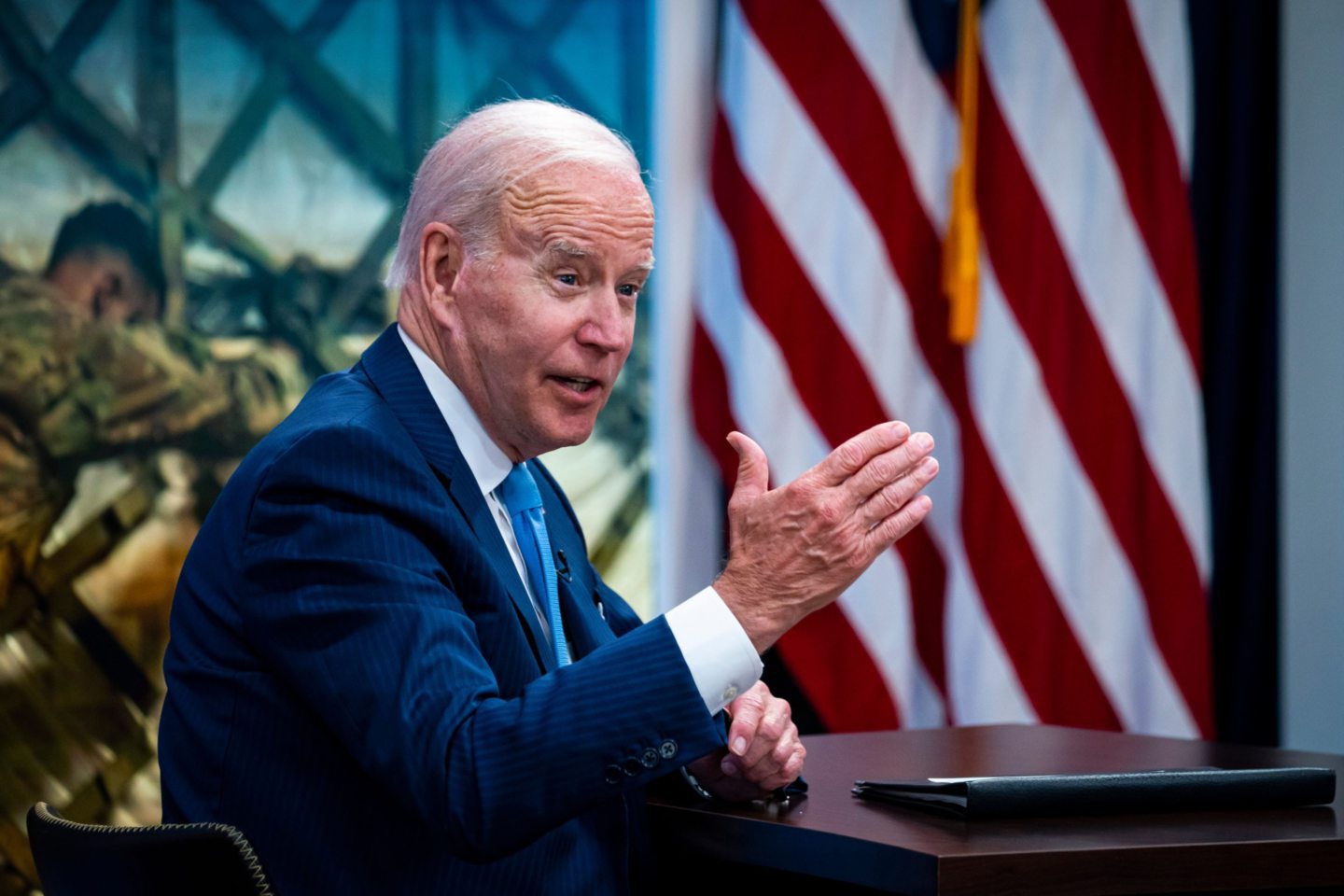
City of London analysts have given their verdicts on the impact of the government’s windfall tax on North Sea oil and gas producers.
Last month Rishi Sunak imposed a 25% increase on taxable profits to a 65% total, but at the same time increased investment incentives to 91 pence on every pound spent.
Headlines on the levy this week have outlined the “deep concern” of independents like Harbour Energy (LON: HBR), while Norway’s Equinor is reportedly reassessing its Rosebank field in the West of Shetland.
Projects being ‘shelved’
James McCormack, equity analyst at Cenkos Securities, says the tax creates uncertainty and “will lead to reduced investment in the UK North Sea”.
The levy could see UK-earmarked investment “diverted to other regimes”, he argues, causing Britain to be more reliant on imports and facing even higher bills.
“A one-off windfall tax hike is a very significant increase and will undoubtedly result in some projects being shelved.
“Previous experience tells us that this new Energy Profits Levy will be succeeded by a drop off in investment, which in turn will have a direct implication for the security of oil and gas supplies in the UK.”
Brendan Long, energy equity analyst at WH Ireland, notes that the energy crisis will have “profound impacts” on the economy, particularly the vulnerable as inflation takes its toll.
“Therefore,” he argues, “the Energy Profits Levy is exactly wrong because it will have the effect, on balance, of discouraging international flows of capital into the UK North Sea to increase the supply of secure, reliable and affordable energy – that is what we really need.”
However on the investment impact, their colleague Dan Slater, head of Energy at Arden Partners, takes a separate view.
He argues the “structure of the new tax should encourage reinvestment of UK oil and gas cash flows into UK projects, helping support domestic production, which in itself is no bad thing”.
‘There were no tax cuts when prices were down’
Slater notes, however, that Arden would have favoured stability, adding “it’s not as if the industry saw any tax cuts during the low oil prices of 2020”.
That’s a view shared by McCormack, who notes that many “forget that just over two years ago, the leading oil price benchmark WTI was negative and at the time there was no call for tax relief in the UK in order to support the oil & gas sector”.
Who benefits?
Despite wide factions of the industry lamenting the Energy Profits Levy, there are a number of firms who stand to benefit from the boost of investment allowance.
McCormack argues the move should see taxed producers seeking to get involved in new projects and accelerate spending.
Asked who benefits, he answers: “Those companies which are looking to attract investment for capex intensive exploration, appraisal and development programmes such as Jersey Oil & Gas, with the investment allowance significantly increasing the attractiveness of these projects to UK tax paying producers.”
Long, of WH Ireland, takes a similar line, saying “the only beneficiaries are small oil & gas companies with massive projects that need funding – and I might add that I expect them to be very significant beneficiaries.
“This is because the only way for existing and taxable UK North Sea oil & gas companies to secure any shelter from the 65% tax burden is to invest heavily in the UK North Sea – which results in advantageous provisions.”
New players
Slater of Arden Partners echoes the sentiment, and says the tax will be an “important determinant” for any new players entering the basin.
However McCormack says the levy will “put off” any new entrants and instil a “lack of confidence in the UK North Sea from new investors”.
Long went further, saying the UK Government “has been a leader in promoting top-down policies to discourage investment in oil and gas while encouraging the channelling of tremendous governmental resources to support renewables”.
Life better overseas?
Long notes that there are “tens of thousands of wells” that can be drilled in the USA, Canada and elsewhere so international capital “will flow into those jurisdictions”.
Even if President Joe Biden supports it, the US is unlikely to impose a windfall tax of its own, Long says, instead favouring market-led solutions and investment in the domestic sector.
If the crisis worsens, he adds that the US Government is more likely to impose export limitations on energy, which “needs to be watched closely”.
McCormack and Slater, meanwhile, point to Norway’s system which increased oil and gas support during Covid.
McCormack says that the lack of consultation with the UK industry on the windfall tax is “particularly disappointing” – in contrast to reforms proposed for Norway.
“Norway is currently looking to amend upstream taxation – the first major overhaul of the country’s fiscal terms in over two decades.
“The proposals have been extensively discussed with industry and will seek to make investment in oil and gas in Norway more attractive by providing immediate relief for capital investment against the special tax rate. Whilst the tax rate remains high, the new proposals are more cash flow orientated.”
Should the tax be widened?
It has been reported that Chancellor Rishi Sunak is considering broadening the scope of the levy to electricity generators, such as operators of wind farms.
“Cherry picking” industries for higher levels of tax “interferes with then natural mechanics of market forces”, Long argues.
He says a better system would be a uniform rate of corporate tax on all sectors, while providing for a royalty of revenues paid on natural resource production.
Slater says other industries have benefited from high oil and gas prices, but also points to issues of fairness.
“Refining margins have increased substantially of late, though as with the upstream, in some cases this is just making up for a challenging 2020 and 2021, so the fairness of widening the windfall tax is dubious, in our view.”
‘Protagonists’ of energy transition
McCormack closes his statements by making the case for oil and gas “as a main protagonist” of the energy transition and argues for investment incentives to extend to renewables.
“The investment allowance should have been extended beyond oil and gas and included the renewable energy system, allowing companies to offset the Energy Profits Levy against both renewable and non-renewable energies.
“To this end, it’s worth noting that one of the main protagonists behind the drive to net zero in the UK is the oil & gas industry, and by introducing the Windfall Tax it’s likely that this will hamper the journey to net zero.”
Recommended for you


 © Supplied by Energy Council
© Supplied by Energy Council © JOG
© JOG © Bloomberg
© Bloomberg